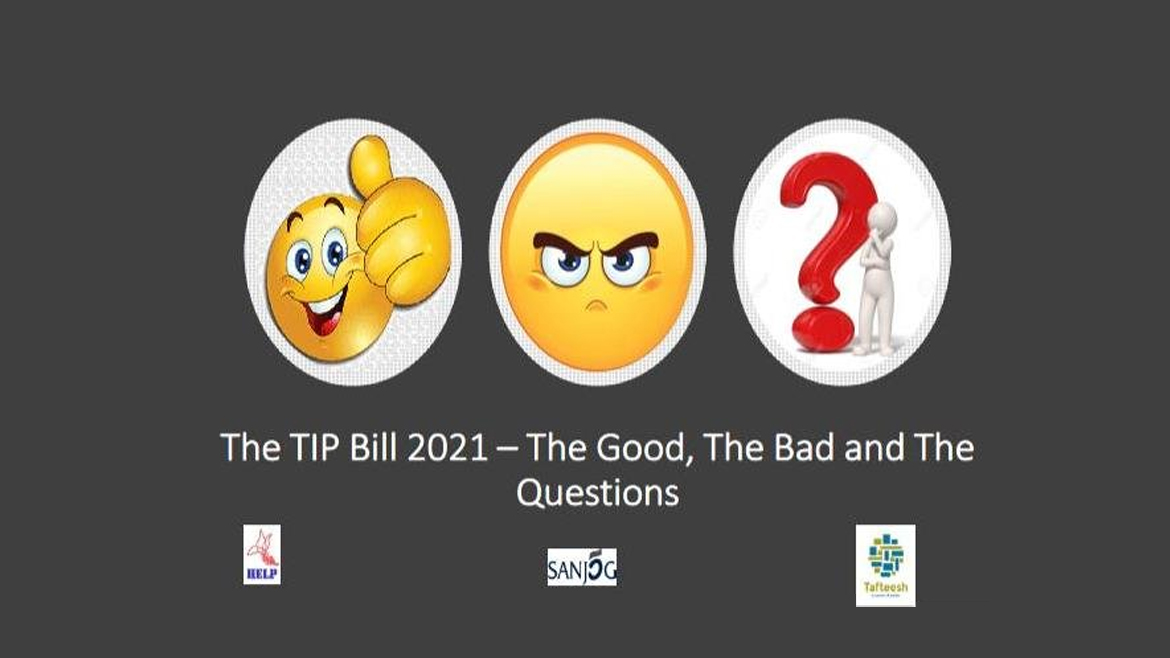The Good Points
- Law covers all kinds of trafficking and not just sex trafficking.
- Victim compensation for all survivors.
- Rehabilitation for all survivors.
- The law should specify what rehabilitation means and assign specific responsibilities.
- Survivors cannot be forcibly held in shelter homes against their will.
- Compensation and rehabilitation should not depend on legal case proceedings or outcomes.
- Those survivors who are being rescued from trafficked circumstances and are returning to their villages or family homes should be helped to establish linkage with services so that they can access rehabilitation services – esepcially those that help them earn financial support.
- Arrange for necessary funds to help conduct interstate investigations and procure other logistical support – create a national investigative agency, Anti Human Trafficking Unit (AHTU) for conducting investigations etc.
- Swift and strict punishment for traffickers.
- Duty bearers who do not fulfill their responsibilities or stigmatize the survivors should be punished.
- RESPONSIBILITY of proving the crime is not on the survivor.
The Missing Points
- Fund for victim compensation.
- Fund for rehabilitation.
- The law should specify what rehabilitation means and assign specific responsibilities.
- Rehabilitation beyond shelter homes.
- Define the duration of stay in shelter homes.
- Arrange for necessary funds to help conduct interstate investigations and procure other logistical support.
- Anti Human Trafficking Unit (AHTU) for conducting investigations etc.
- Listen to the survivors’ opinions while implementing this law and making all relevant policies and work according to their feedback.
Confusions and Questions ?
- Definition of Rehabilitation
- How will Rehabilitation and reintegration be ensured beyond shelter homes?
- How will it be assessed whether a survivor is being held in a shelter home against their will?
- How will the authorities determine the duration of a survivor’s stay in shelter homes?
- How will compensation be calculated?
- How will it be monitored whether survivors are receiving support services for their rehabilitation and reintegration within their community?
- Who will be responsible to prevent stigmatization of survivors?
- Provision of assigning a lawyer to help survivors fight their case and assist in accessing legal services – how will the lawyers’ effectiveness and the quality of their services be assessed?
- Which government will be responsible to arrange for necessary funds to help conduct interstate investigations and procure other logistical support?
- How will NIA coordinate with Anti Human Trafficking Unit (AHTU) for conducting investigations?
- What steps will be taken for ensuring confidentiality when a survivor makes a complaints against any duty bearer for negligence of duty or for harassing and stigmatizing, or abusing a survivor?

